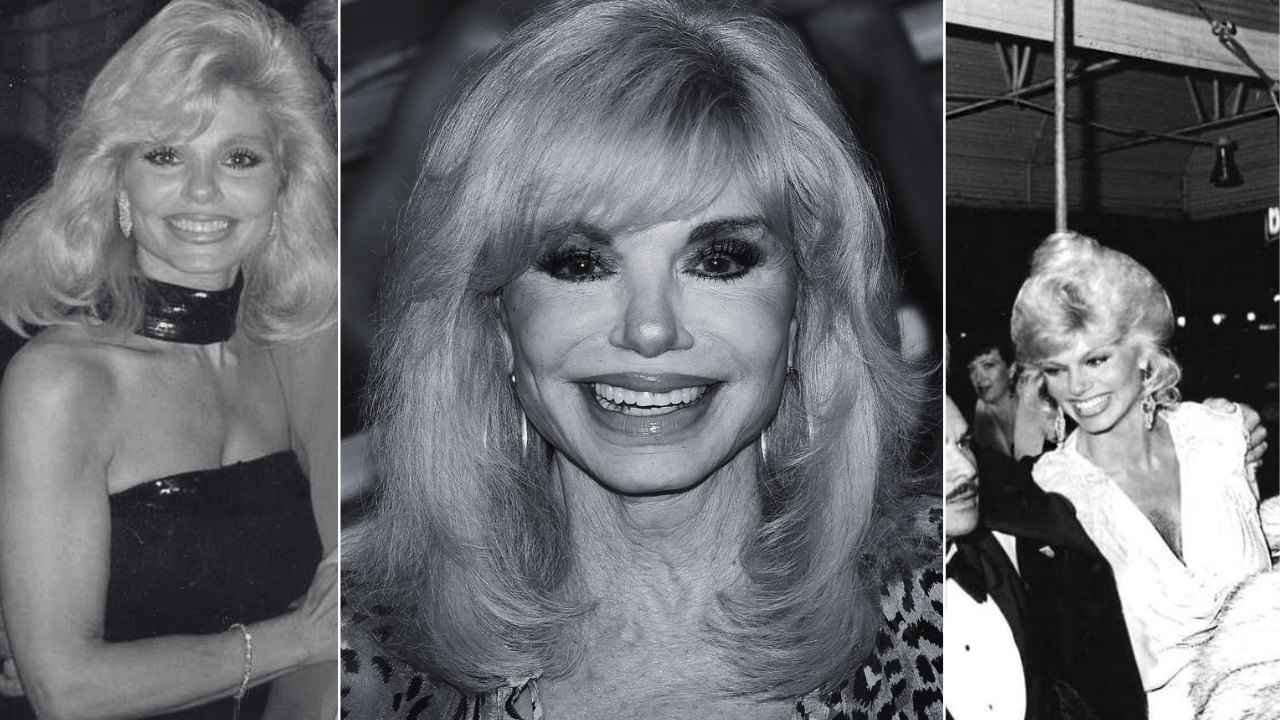Loni Anderson Dies Day Before Her 80th Birthday: Remembering Her Crusade Against COPD

Credits: Wikimedia Commons
SummaryAfter losing both her parents to Chronic Obstructive Pulmonary Disease, actress Loni Anderson, who has now passed away, turned her grief into a national advocacy campaign against smoking and for COPD awareness. She campaigned relentlessly for prevention, hoping to save families from the same loss that shaped her personal and public life.
End of Article
